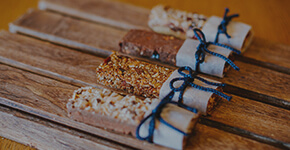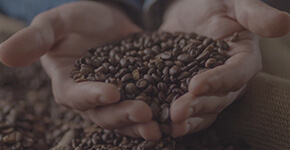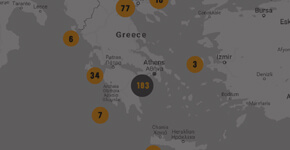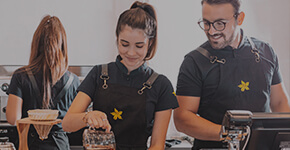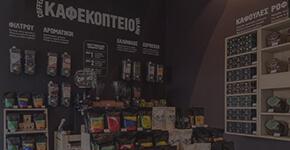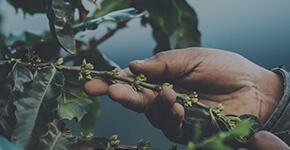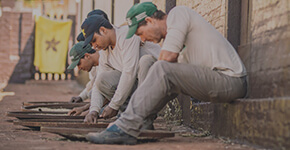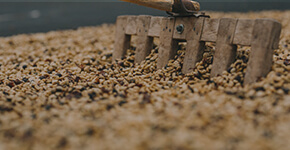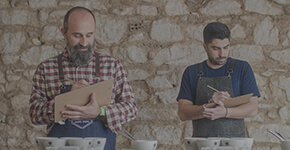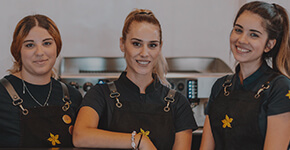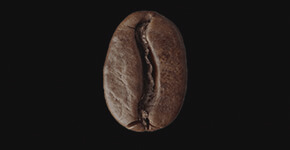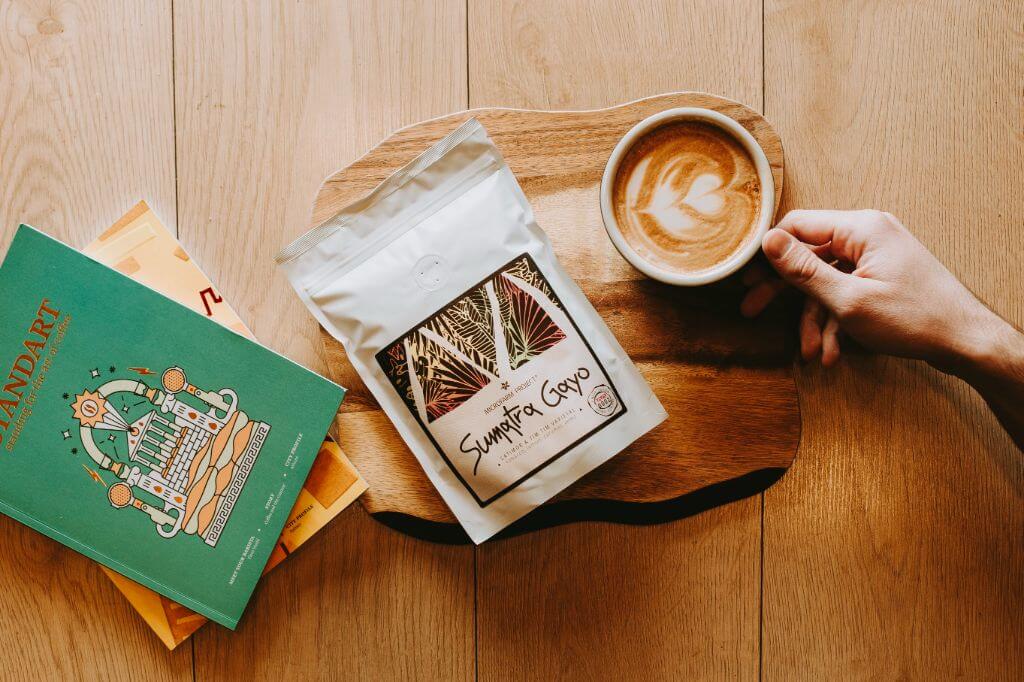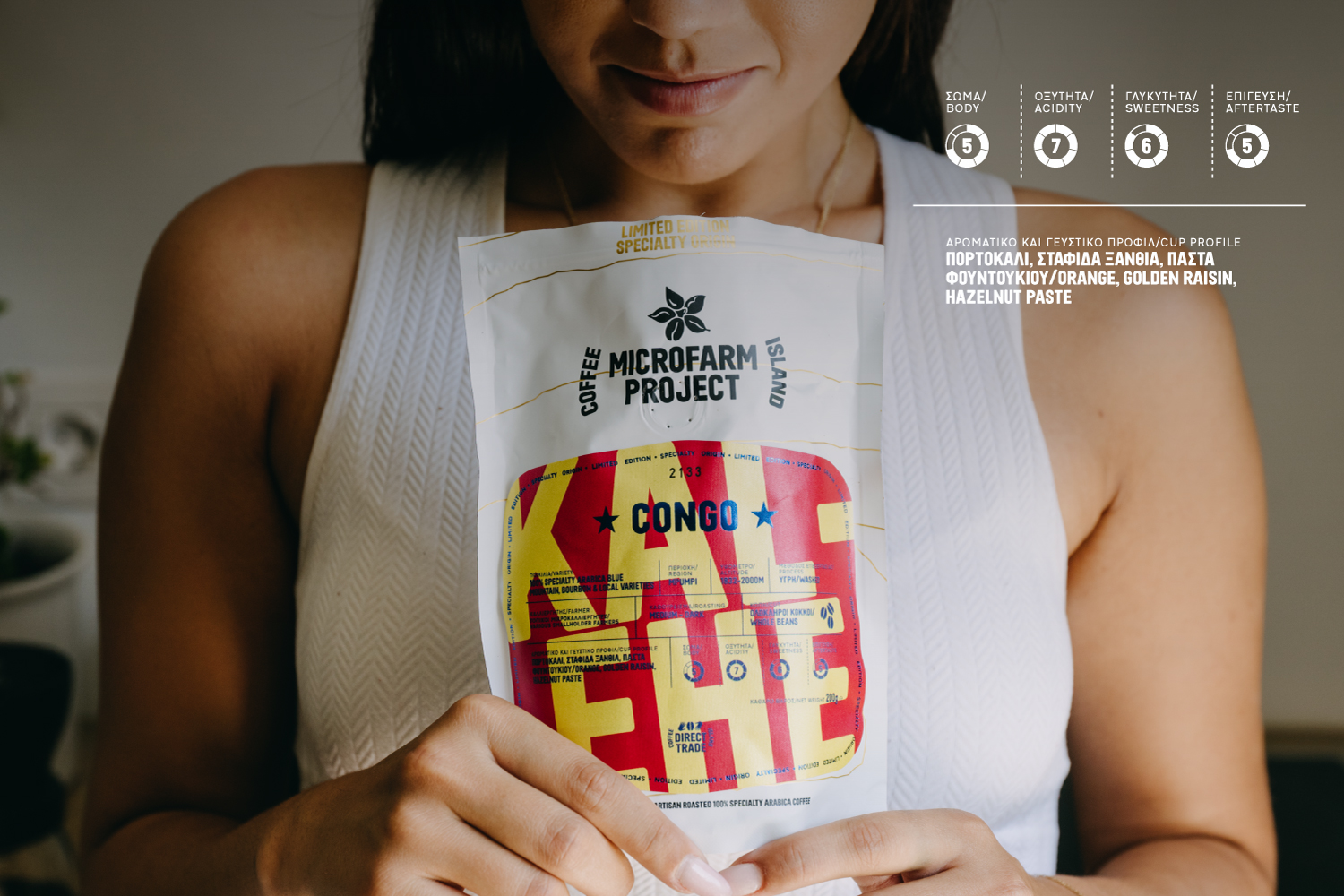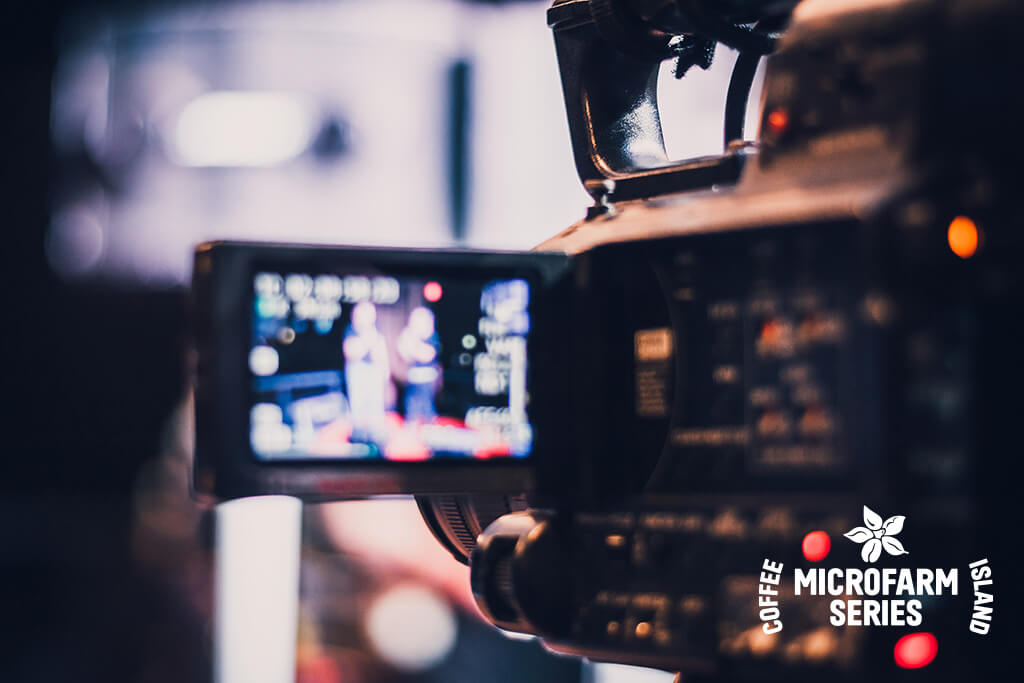Sumatra Gayo is the 16th limited edition coffee of our MICROFARM PROJECT®, which is available in our coffee shops for two months, and while stock lasts.
THE FAMILY HISTORY OF SUMATRA GAYO
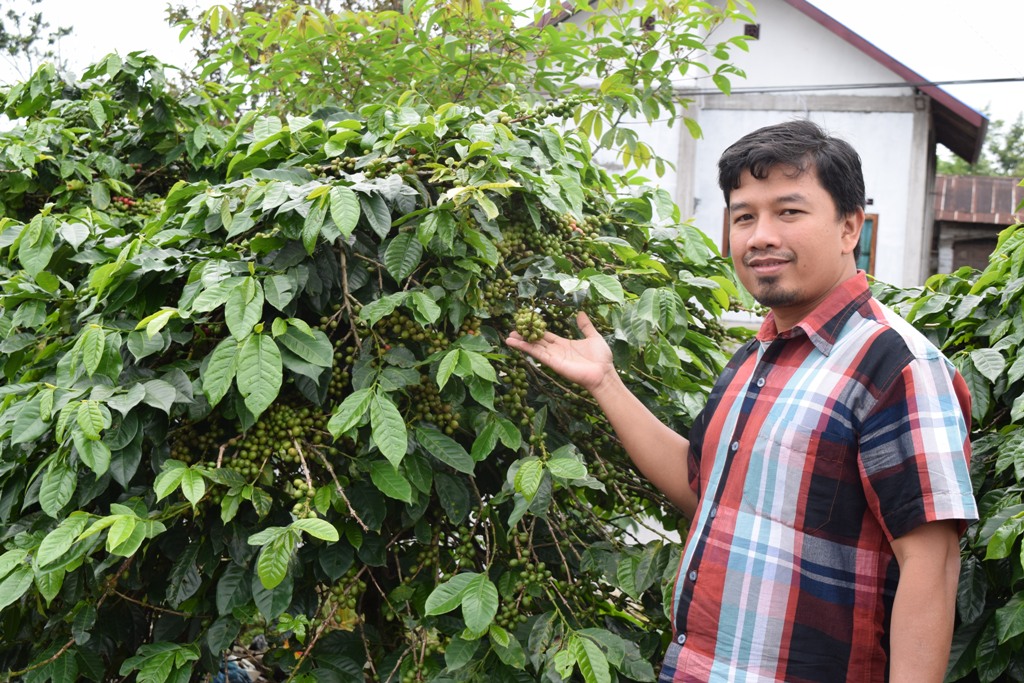
Our trip to exotic Indonesia has hold many beautiful surprises. At the Gayo mountain area, within the Aceh region, we got to meet Salzi Pungkih and create another Direct Trade partnership. Salzi has devoted his whole life to coffee, and he is the second generation of coffee growers. The 1 acre of coffee plantation, that he has inherited from his parents, and which will pass to the next generation, is his only source of income. On our journey, we realized that not only does the land pass from generation to generation, but also the values, knowledge, tradition and taste for coffee do. Gayo, in Sumatra, Indonesia is the region considered one of the largest Arabica coffee plantations in South East Asia. Caffeine producers have a common goal of trying to continually improve the quality of coffee grown on Gayo’s highlands, as well as preserve and conserve the ecosystem as a place where high-quality coffee beans are grown. As Salzi has told us: “In the past, it was just normal to be a coffee grower in Indonesian society, now it’s something you have to be proud of.”
SUMATRA GAYO COFFEE
Sumatra Gayo is a 100% Specialty Arabica coffee, artisan roasted with unparalleled flavors and unique tasting profile – Tobacco, Lemon, Caramel.

We are talking about a limited edition coffee and so rare that … few will be able to enjoy it. This coffee can be characterized by its sophisticated aromas and special flavors.
DID YOU KNOW THAT COFFEE IN INDONESIA WAS SOLD 0.12€/KG in 1980?
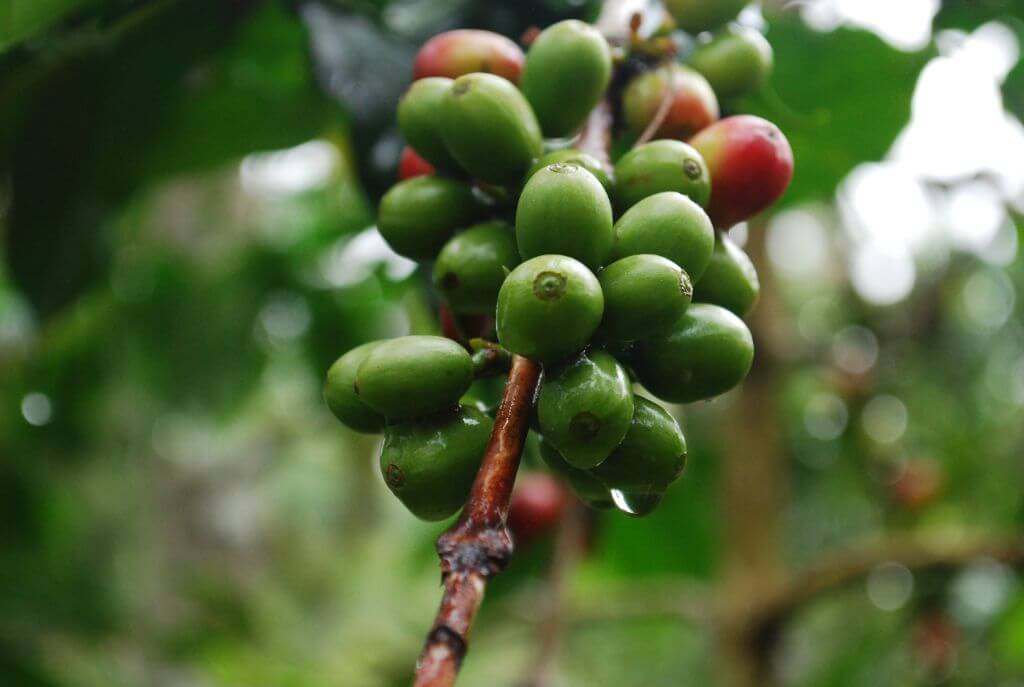
The discussion with Salzi about coffee was really interesting. As he mentioned, from 1980 until 2010, they did not have many options regarding selling their coffee. “At that time, there was no local exporter. When we managed to sell coffee cherries, prices were volatile and very low (0.12 € / kg), and we were depended on specific traders, which tended to turn to monopoly. ” As Slazi tells us, there are now many exporters in Gayo. Nowadays, coffee growers are able to choose where to sell the coffee and the prices are very competitive – they are ten times higher than in 2010. Salzi chose to become a member of the local cooperative in 2015, with the aim of gaining a certain and continuous cooperation. He had never imagined what would follow, as he told us. “There were things about coffee I had never known before, pertaining to its certifications and its quality.” “My farm started being recognized as well as the history of the coffee cultivation being traced. The staff has placed a sign declaring that the farm is now organic certified.” After completing the organic certification, the cooperative also registered my farm to be certified by Fairtrade. With all these certifications, we now produce higher quality coffee and therefore the coffee is paid at a higher price than before. Also, I maintain the protection of the environment and apply the principle of sustainable cultivation”. Salzi was often repeating the fact that once he didn’t even know the word “cupping”. Since 2015, he has been trained and now understands the flavors, aromas, aftertaste, quality, fermentation conditions, acidity and many other terms related to the quality of coffee beans. Ultimately, all of this contributes to the pricing of coffee. What is more, Salzi stressed that he is very happy with his entry into the cooperative and his development so far, mainly due to the fact that with 1 acre, he is able to support his family and send two children to school.
If you want to know more about Microfarm Project®, click here.
If you want to know more about Direct Trade, click here.




